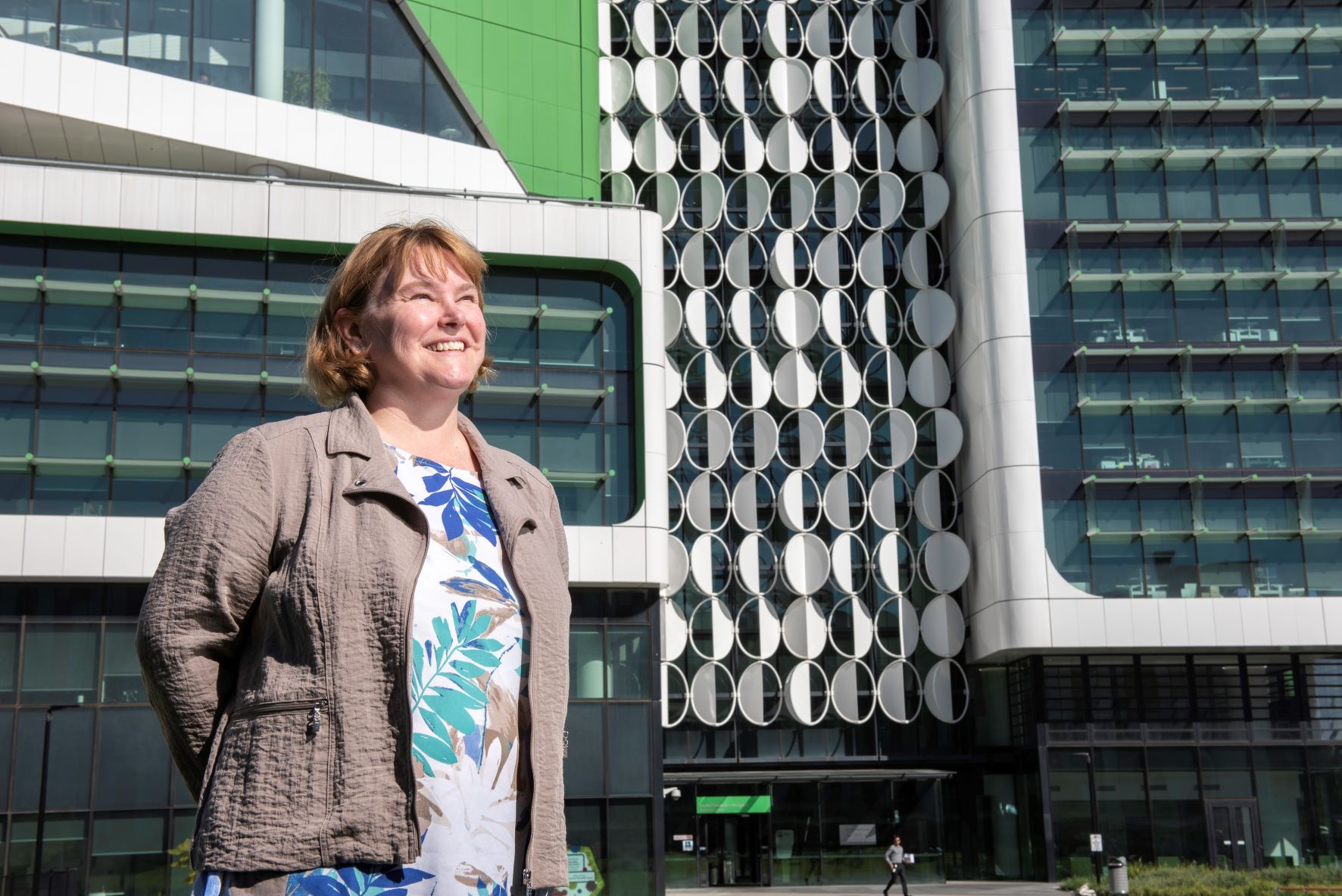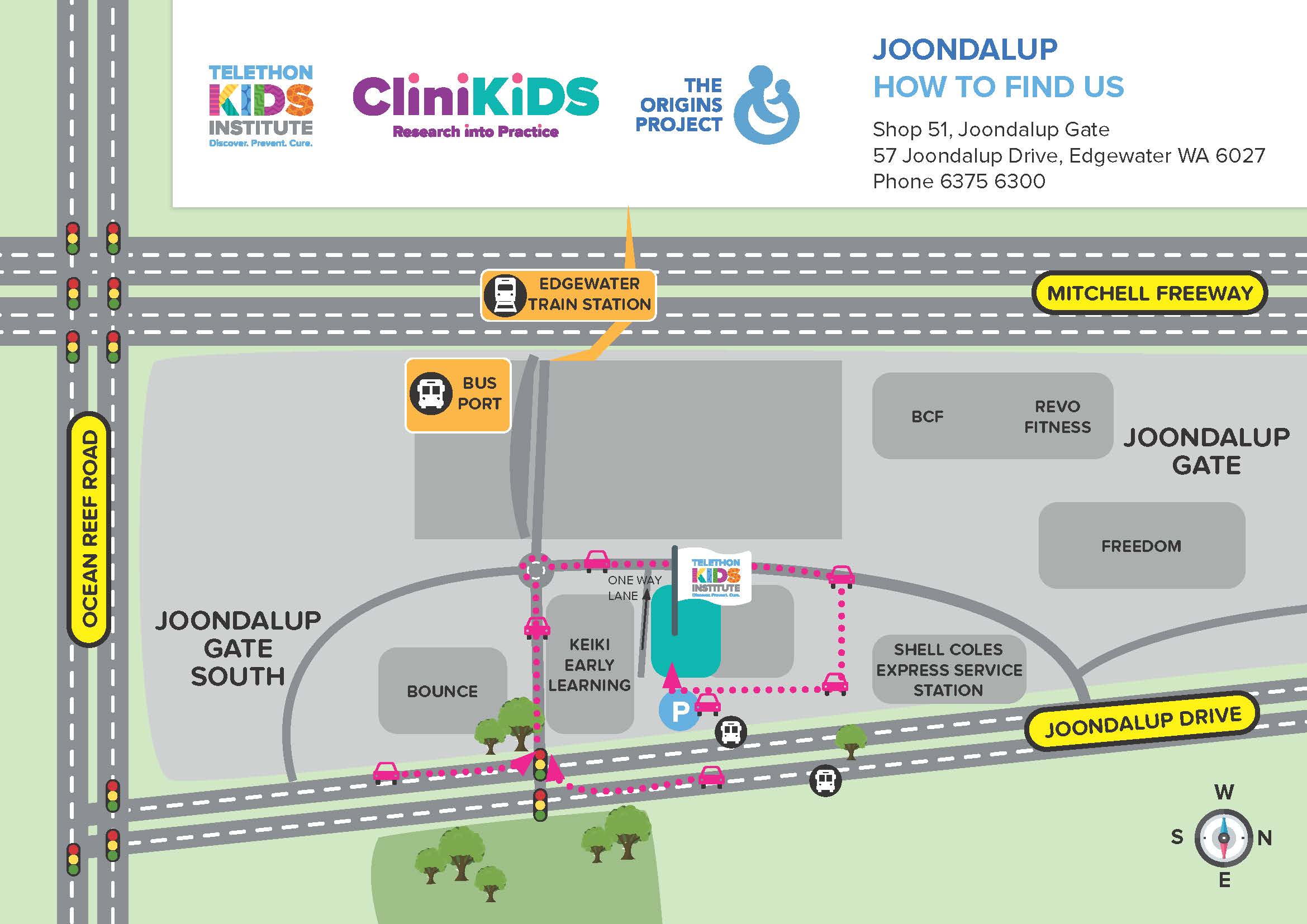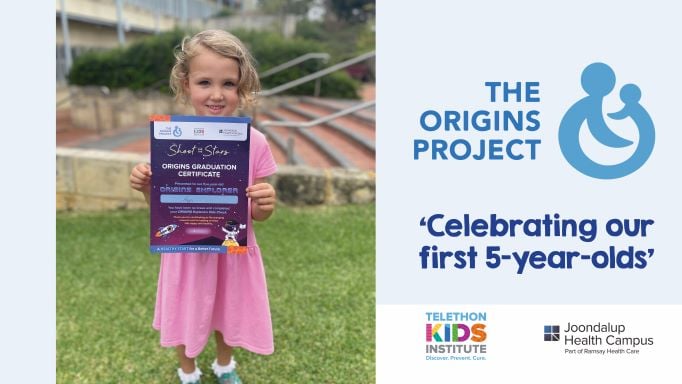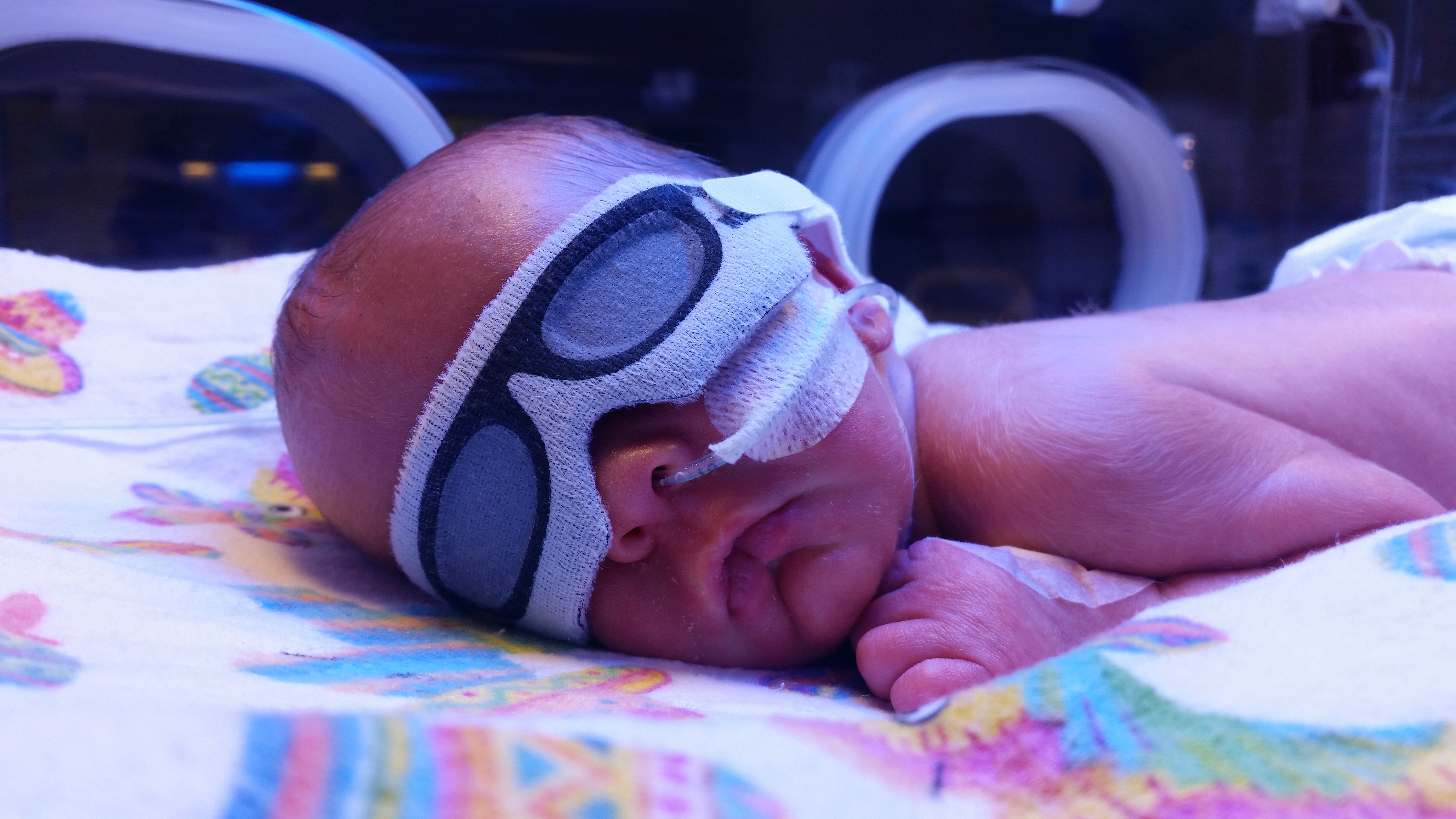Search

News & Events
SYMBA study boosted by WA Child Research FundORIGINS' SYMBA study awarded State Government grant to extend vital research into allergies

People
Timo LassmannFeilman Fellow; Head, Precision Health Research and Head, Translational Intelligence

News & Events
New Home for ORIGINSThe Kids Joondalup will be the new home for the ORIGINS research and data teams
Research
Pushing the boundaries of rare disease diagnostics with the help of the first Undiagnosed HackathonTimo Lassmann BSc (Hons) MSc PhD Feilman Fellow; Head, Precision Health Research and Head, Translational Intelligence timo.lassmann@thekids.org.au
Research
A corpus of GA4GH phenopackets: Case-level phenotyping for genomic diagnostics and discoveryThe Global Alliance for Genomics and Health (GA4GH) Phenopacket Schema was released in 2022 and approved by ISO as a standard for sharing clinical and genomic information about an individual, including phenotypic descriptions, numerical measurements, genetic information, diagnoses, and treatments. A phenopacket can be used as an input file for software that supports phenotype-driven genomic diagnostics and for algorithms that facilitate patient classification and stratification for identifying new diseases and treatments.

News & Events
Digital support engagement needed for new MumsSystematic review explores engagement levels of digital tools during the perinatal period
Research
Medical Comorbidities in MECP2 Duplication Syndrome: Results from the International MECP2 Duplication DatabaseSince the discovery of MECP2 duplication syndrome (MDS) in 1999, efforts to characterise this disorder have been limited by a lack of large datasets, with small case series often favouring the reporting of certain conditions over others. This study is the largest to date, featuring 134 males and 20 females, ascertained from the international MECP2 Duplication Database (MDBase).
Research
CRISPR single base editing, neuronal disease modelling and functional genomics for genetic variant analysis: pipeline validation using Kleefstra syndrome EHMT1 haploinsufficiencyOver 400 million people worldwide are living with a rare disease. Next Generation Sequencing identifies potential disease causative genetic variants. However, many are identified as variants of uncertain significance and require functional laboratory validation to determine pathogenicity, and this creates major diagnostic delays.

News & Events
Now We Are Five - ORIGINS celebrates milestoneORIGINS is celebrating its first five-year-old 'graduates'.
Research
Functional validation of variants of unknown significance using CRISPR gene editing and transcriptomics: A Kleefstra syndrome case studyThere are an estimated > 400 million people living with a rare disease globally, with genetic variants the cause of approximately 80% of cases. Next Generation Sequencing (NGS) rapidly identifies genetic variants however they are often of unknown significance.
Research
Tumour draining lymph node-generated CD8 T cells play a role in controlling lung metastases after a primary tumour is removed but not when adjuvant immunotherapy is usedSurgical resection of cancer remains the frontline therapy for millions of patients annually, but post-operative recurrence is common, with a relapse rate of around 45% for non-small cell lung cancer. The tumour draining lymph nodes (dLN) are resected at the time of surgery for staging purposes, and this cannot be a null event for patient survival and future response to immune checkpoint blockade treatment. This project investigates cancer surgery, lymphadenectomy, onset of metastatic disease, and response to immunotherapy in a novel model that closely reflects the clinical setting. In a murine metastatic lung cancer model, primary subcutaneous tumours were resected with associated dLNs remaining intact, completely resected or partially resected.

News & Events
ORIGINS 5000 Families ReportORIGINS released a milestone document this week, celebrating our families.
Research
3D Face Reconstruction with Mobile Phone Cameras for Rare Disease DiagnosisComputer vision technology is advancing rare disease diagnosis to address unmet needs of the more than 300 million individuals affected globally; one in three rare diseases have a known facial phenotype. 3D face model reconstruction is a key driver of these advances.
Research
Common and Rare Genetic Variants That Could Contribute to Severe Otitis Media in an Australian Aboriginal PopulationOur goal was to identify genetic risk factors for severe otitis media (OM) in Aboriginal Australians.

News & Events
Desire to help others helps one ORIGINS familyCathy Chopping is thankful she decided to try and help others by joining ORIGINS
Research
Preclinical efficacy of azacitidine and venetoclax for infant KMT2A-rearranged acute lymphoblastic leukemia reveals a new therapeutic strategyInfants with KMT2A-rearranged B-cell acute lymphoblastic leukemia (ALL) have a dismal prognosis. Survival outcomes have remained static in recent decades despite treatment intensification and novel therapies are urgently required.

News & Events
Calling All Budding ArtistsCalling all budding artists - submit your child's artwork to win!
